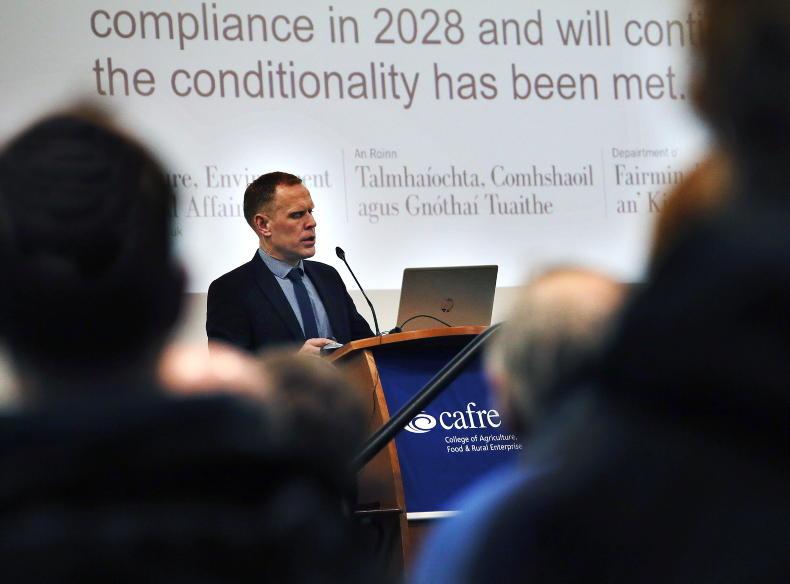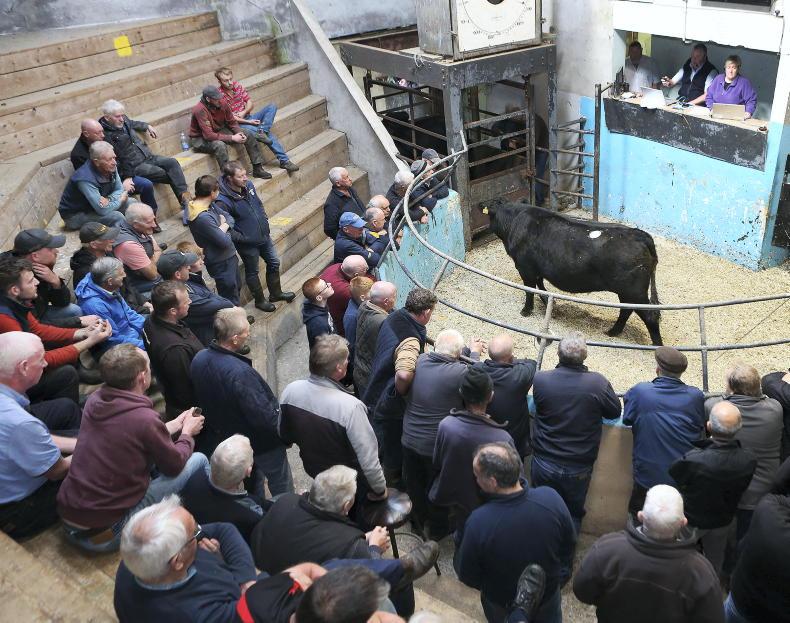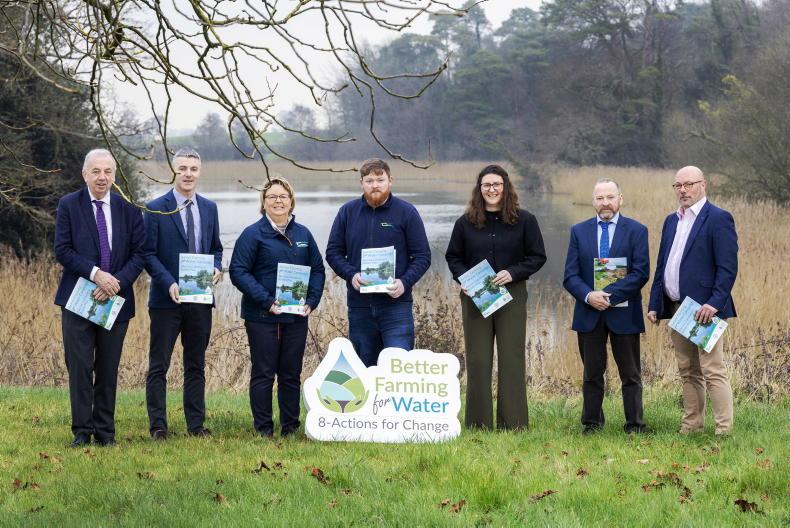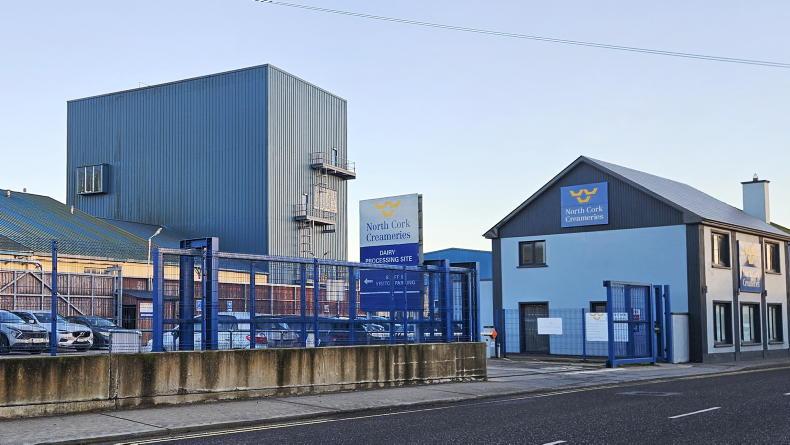There were problems with the Environmental Farming Scheme (EFS) which should not be repeated with new agri-environment incentives, a peatland specialist has said.
Ulster Farmers’ Union peatland officer Stephanie Clokey said a lack of flexibility with delivering measures and low payment rates were two criticisms that NI farmers often raised about EFS.
Speaking at a meeting in Cushendun, Clokey said any new measures for delivering peatland restoration in NI will need to be financially lucrative to ensure sufficient uptake.
“There is a wider societal benefit to peatland restoration, so the funding for this should come from outside the main agricultural budget,” she said.
Other common problems with EFS listed by Clokey include a fear of penalties, short application windows and slow processing of applications by DAERA.
This is not about creating massive areas of flooded land
Simon Gray from Ulster Wildlife described the £40 per hectare payment rate for blanket bog EFS higher level as “pitiful” and suggested farmers will need a better financial incentive to consider peatland restoration.
Gray said restoring peatland did not amount to “rewetting” as the aim of the work is to move the water table within 10-15cm of the surface for 90% of the year.
“This is not about creating massive areas of flooded land,” he said.
Restoration work is usually done by digging small dams across an area of peatland. Other actions include blocking drains with peat, stones, plastic sheets, or rolls of coconut fibre or wool.
The aim is to encourage natural peatland vegetation to grow, such as sphagnum moss. This leads to carbon sequestration, improved water quality due to less sediment entering waterways, and a lower risk of flooding downstream.
“Peatlands only do these things if they are in a healthy state. If they are in a bad state, they do the exact opposite,” Gray said.








SHARING OPTIONS